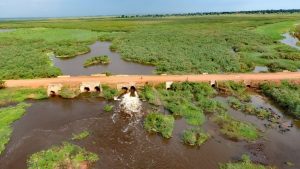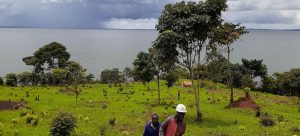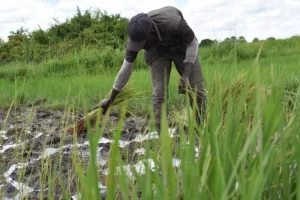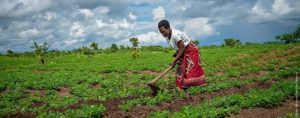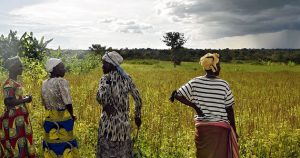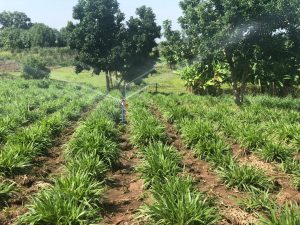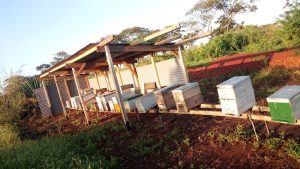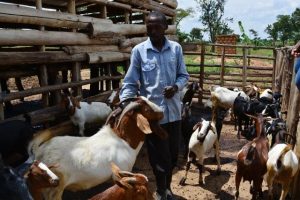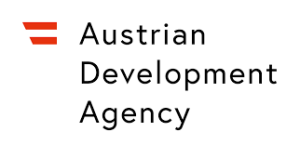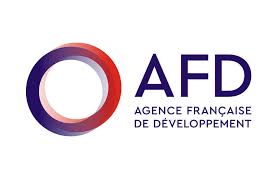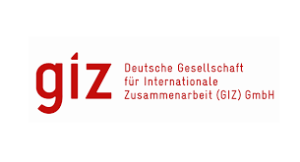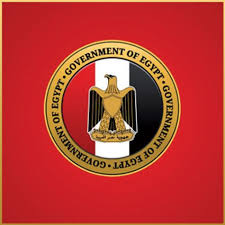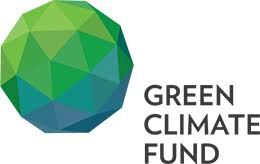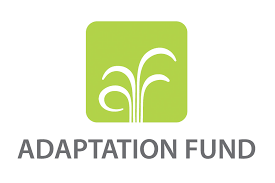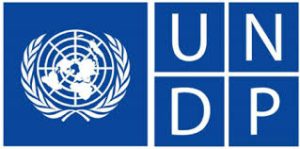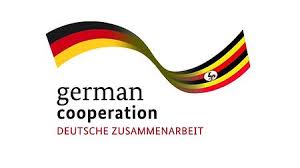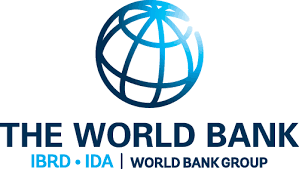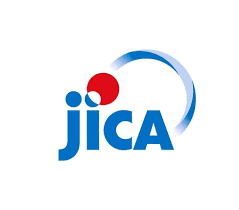GCF-Wetlands
The Green Climate Fund (GCF) is a pivotal financial mechanism under the United Nations Framework Convention on Climate Change (UNFCCC), dedicated to supporting developing countries in their efforts to limit or reduce greenhouse gas emissions and adapt to the impacts of climate change. In Uganda, the Ministry of Water and Environment (MWE) is an accredited entity and plays a central role in accessing and managing GCF resources to implement transformative climate action. GCF projects in Uganda are designed to build resilience in communities and ecosystems, promote sustainable land and water management, and foster low-carbon development pathways. These initiatives are crucial for Uganda to achieve its Nationally Determined Contributions (NDCs) and sustainable development goals.
Key Objectives of GCF Projects in Uganda:
GCF projects in Uganda typically focus on a range of strategic objectives aimed at addressing critical climate vulnerabilities and promoting sustainable development:
- Building Climate Resilience in Vulnerable Communities: To enhance the adaptive capacity of communities, particularly those dependent on natural resources, to cope with climate change impacts such as droughts, floods, and unpredictable weather patterns.
- Expected Activities: Restoring degraded wetlands and associated catchments; promoting climate-resilient agricultural practices and alternative livelihoods; developing and strengthening early warning systems for climate-related disasters.
- Enhancing Ecosystem Health and Services: To restore and conserve vital ecosystems, such as wetlands and forests, which provide essential services for climate regulation, water security, and biodiversity.
- Expected Activities: Large-scale wetland restoration and rehabilitation; sustainable land management practices in catchment areas; promoting reforestation and afforestation initiatives.
- Promoting Climate-Resilient Water Security: To ensure sustainable access to water resources for communities, agriculture, and livestock, especially in drought-prone regions.
- Expected Activities: Development and rehabilitation of climate-resilient water infrastructure (e.g., solar-powered boreholes, earth dams); promotion of rainwater harvesting technologies; integrated water resource management.
- Fostering Low-Carbon Development: To support transitions towards a low-emission economy by promoting sustainable energy solutions and reducing greenhouse gas emissions.
- Expected Activities: Facilitating access to renewable energy technologies (e.g., solar energy for households and communities); supporting sustainable land use practices that reduce emissions.
- Strengthening Institutional Capacity and Climate Information Systems: To enhance the capacity of national and local institutions to effectively plan, implement, and monitor climate change interventions, and to improve the availability and use of climate information.
- Expected Activities: Providing technical training and resources to government agencies and local communities; strengthening climate data collection, analysis, and dissemination; integrating climate considerations into national and sub-national development planning.
Project Scope Description:
GCF projects in Uganda typically involve significant financial grants and technical assistance to support the implementation of large-scale, multi-sectoral interventions. The scope often encompasses:
- Grant Financing: Direct financial support for project activities, leveraging co-financing from the Government of Uganda and other development partners.
- Technical Assistance and Capacity Building: Provision of expertise, training, and knowledge transfer to strengthen the technical and institutional capacities of implementing partners and beneficiaries.
- Community Engagement and Livelihood Support: Direct engagement with vulnerable communities to identify their needs, build their adaptive capacity, and provide alternative sustainable livelihoods.
- Monitoring, Evaluation, and Learning: Robust systems for tracking project progress, measuring impacts, and generating lessons learned to inform future climate action.
- Policy and Regulatory Support: Contributions to the development and implementation of supportive policies and regulatory frameworks that enable effective climate change adaptation and mitigation.
GCF projects, such as the “Building Resilient Communities, Wetland Ecosystems and Associated Catchments in Uganda” project, exemplify Uganda’s commitment to tackling climate change through integrated and community-centric approaches, ultimately aiming for a more resilient and sustainable future.
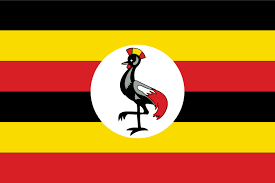 Official Website of the Ministry of Water and Environment
Official Website of the Ministry of Water and Environment

